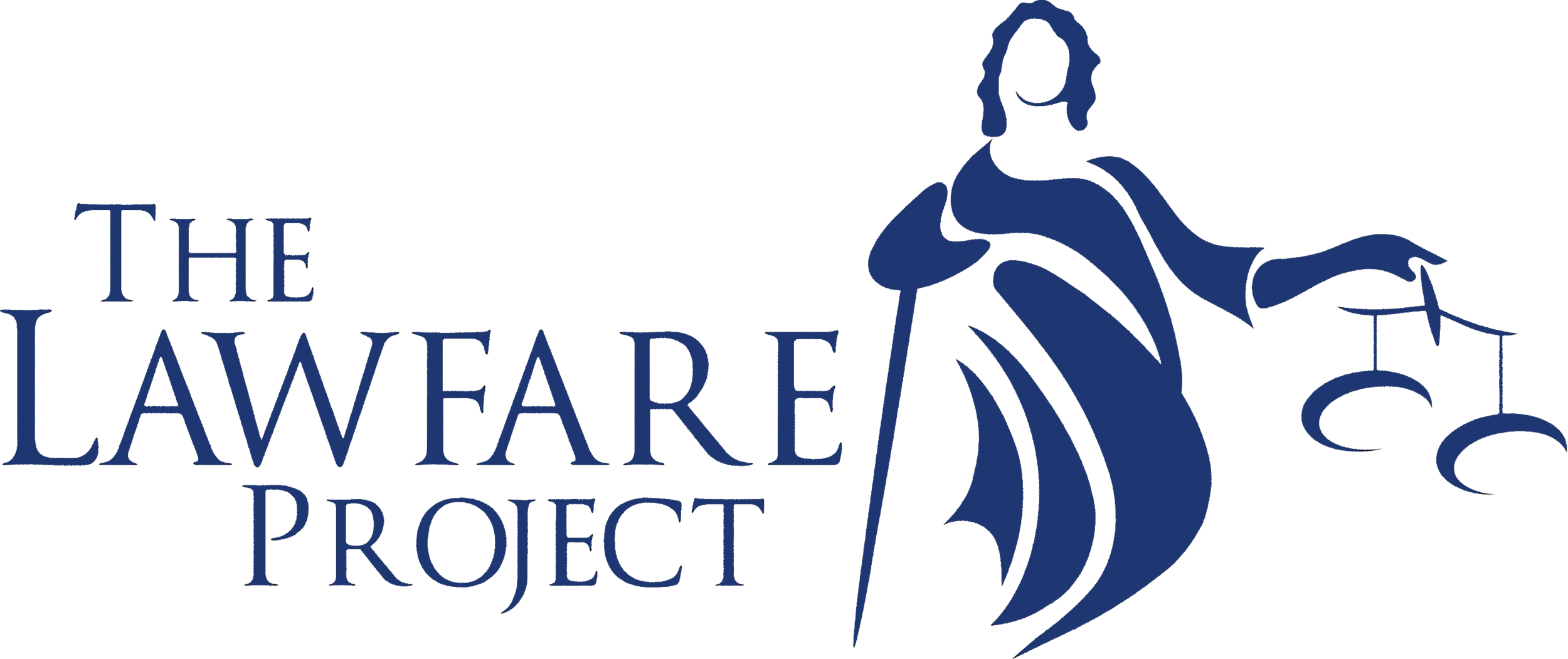Labeling Settler Goods Misses the Mark
June 11, 2013
By David Benjamin, Associate Fellow, The Lawfare Project
We were informed this week of Germany’s decision to back EU labeling of products from Israeli settlements in the West Bank so as to distinguish them from Israeli goods produced within the pre-1967 armistice lines. The labeling has been touted by European officials as a “service” to the consumer. Apparently, the idea is to enable consumers to boycott produce from the said areas if their conscience so dictates. This assumes that products originating in the territories are somehow legally or morally tainted. Is this assumption true? Does one have to be a supporter of the settlements to view such boycotts as wrong-minded?
Advocates of the boycott put forward three main arguments for refusing to buy goods from the settlements: The first is that settlements are illegal under international law, namely Article 49 of the Fourth Geneva Convention, which prohibits an occupying power from transferring its own population into occupied territory. The second is that settlement industries unfairly or unlawfully exploit the human or natural resources of the “occupied territory.” The third is that Jewish settlements in the territories are an obstacle to the implementation of a two-state solution to the Israeli-Palestinian conflict.
